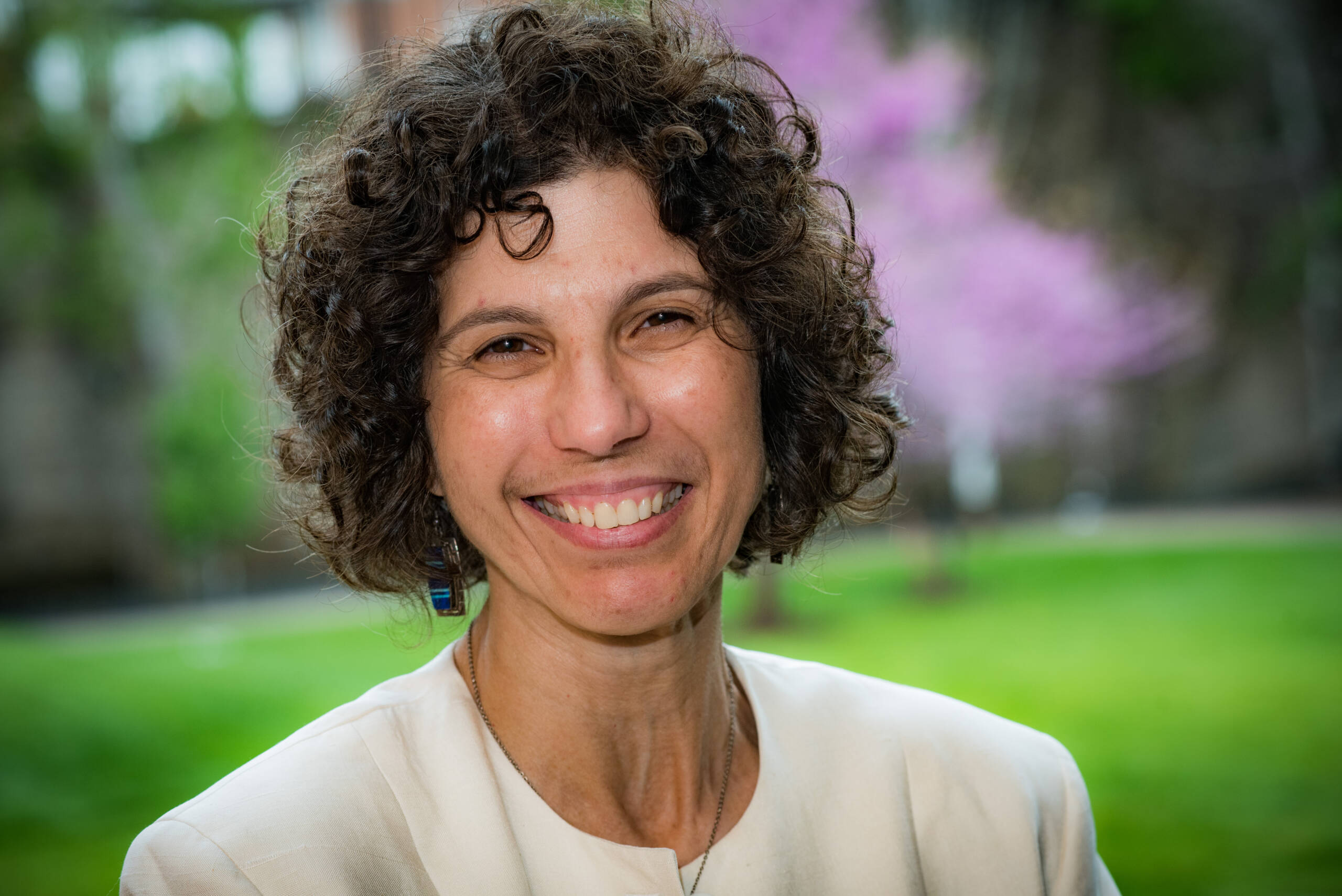Volunteer Spotlight: Diane Anastos

Diane Anastos has been a top judge over our time holding virtual debate tournaments.
As we moved our in-person programming to a virtual setting in response to the COVID-19 pandemic, it was crucial to find judges who could also make the adjustment. Diane Anastos stepped up and logged many hours as a virtual debate judge over our period of doing hybrid tournaments!
Read on to learn more about Diane’s experience, her advice on how students can earn her ballot, and what new volunteers should know about the MNUDL.
What inspired you to start volunteering for the MNUDL?
I got on Volunteer Match because I was looking for volunteer opportunities, especially during the pandemic. I just thought it’d be kind of interesting to find out what middle school and high schoolers were learning these days. I had some free time and I wanted to do something productive and interesting with it, to listen to arguments and be a critical thinker.
What do you see as the value of debate?
You learn about current events, you learn that there are both sides to a story and two ways to think about it. There’s definitely value in that. You form your own informed opinion by reading, asking questions, and doing your own research. Students learn not just to think critically, but also to listen to the opposite argument, to get constructive feedback, and to ask questions. This helps with writing as well, because you’re not just doing debate orally, but also learning to write well, too.
What do you think of the debate topics?
They’ve been challenging and certainly thought-provoking. Some of them have been inspiring. They seem to stay current with what’s going on in the world. It’s a good way for kids to think.
How does volunteering as a debate judge compare to other volunteer opportunities?
I have volunteered teaching English as a Second Language and worked with food shelves. As a judge, it’s nice to be able to give students some feedback about something that they’re trying to do to improve themselves and learn how to function in the world. It’s kind of like teaching in that way, even though it’s not sitting in front of the classroom and lecturing. Even if you can’t necessarily see a direct impact of what you’re doing right now, you know that you’re at least giving students feedback that they’re taking and applying. You can see students’ improvement, maybe not in one day, but at a different tournament, I would definitely notice a change in their skills.
What tips would you share with students who want to earn a win from you?
Slow down when you’re talking! It can be really hard to follow when you’re talking so fast.
Be thoughtful in your approach. Make sure that you are using your resources wisely. You have lots of resources to use to defend what you’re saying, or to oppose what the other person is saying.
Really think critically about what the other person is saying. Some people ask a lot of good questions, while other people make me think, “Why are you asking that?
Think critically, be thoughtful, and take the time to prepare your argument and what you’re going to say.
What advice would you give to someone who wants to try judging debates?
Ask a lot of questions. If things aren’t clear make sure you ask, even if you’re worried it my be obvious.
Keep in mind that the students are still young. They may not necessarily be ready. It’s understandable, because some debaters may be very mature and be able to think things through clearly, but others may not. That’s just something that you learn as part of debate. Be patient.
Also, encourage them when they do a really good job. They don’t always know that they did well. And when there are areas where you really think, “They really should know better than that,” be diplomatic but give constructive criticism.
We need thoughtful debate judges like Diane all year round! Sign up to be a debate judge at an upcoming tournament.



